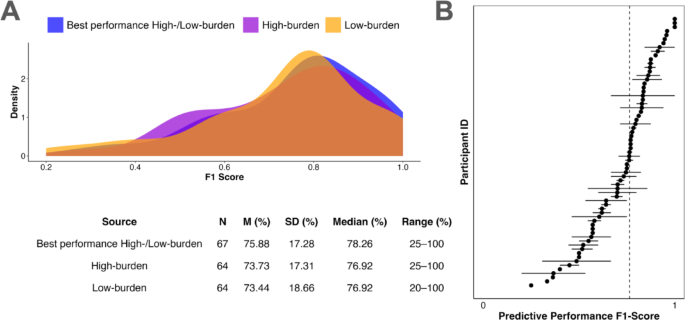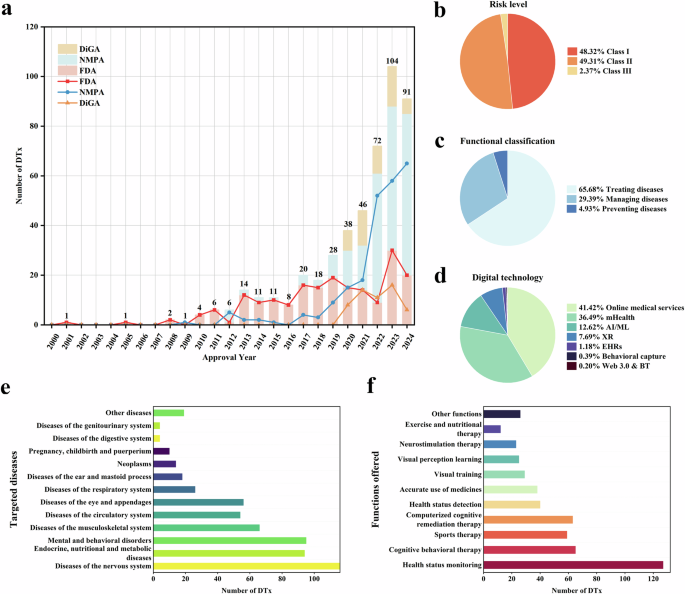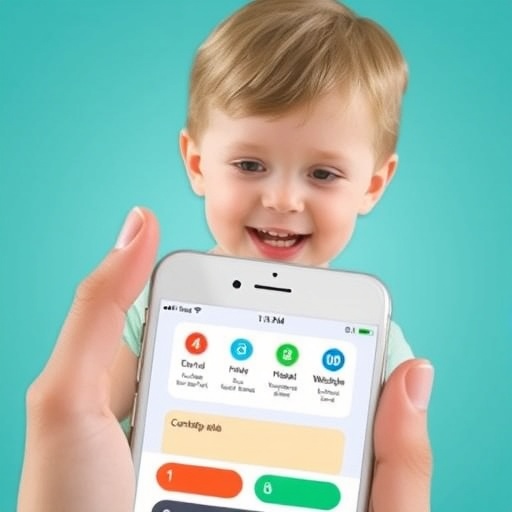Insulin adjustments suggested by mobile app cut HbA1c for adults with type 1 diabetes

Key takeaways:
- Recommended insulin adjustments from a mobile app reduced HbA1c for adults with type 1 diabetes receiving multiple daily injections.
- More research is needed to examine long-term changes in HbA1c.
ORLANDO — Adults with type 1 diabetes had larger reductions in HbA1c using a mobile app that made recommended adjustments to insulin therapy than users who did not receive weekly adjustments, according to a speaker.
During a presentation at the American Diabetes Association Scientific Sessions, Anas El Fathi, PhD, an assistant professor at the Center for Diabetes Technology at University of Virginia School of Medicine, discussed the McGill iBolus app, a mobile application that runs a standard bolus calculator and provides basal insulin doses. The app, which supports both carbohydrate counting and fixed boluses, connects with a cloud algorithm to provide recommendations of bolus and basal insulin doses to people who receive multiple daily insulin injections.

Data derived from El Fathi A, et al. 79-OR. Presented at: American Diabetes Association Scientific Sessions; June 21-24, 2024; Orlando.
“The objective of this study was … to quantify the additional benefits of doing automatic adaptation inside the iBolus app,” El Fathi said during a presentation. “The best way to quantify this is looking at HbA1c.”
Researchers conducted a randomized parallel trial enrolling 84 adults with diabetes on multiple daily insulin injection therapy with an HbA1c of 7.5% or higher at baseline. Participants were randomly assigned, 1:1, to an experimental group using the Abbott FreeStyle Libre 1 intermittently scanned continuous glucose monitor plus iBolus app with weekly adjustments enabled using basal insulin-to-carbohydrate ratios or a fixed dose, or a control group using the FreeStyle Libre 1 and iBolus app without weekly adjustments enabled. The primary outcome of the study was change in HbA1c from baseline to 3 months.
Participants in both groups used the app a median 4.2 times per day. The experimental group received 462 weekly algorithm recommendations during the study. Of the recommendations, 36 were overridden by the user. In the control group, participants made 65 changes to their basal and bolus insulin parameters.
HbA1c decreased by 0.54 percentage points for people in the experimental group compared with a 0.14 percentage point decrease in HbA1c for the control group (P = .025). More than half of participants in the experimental group had an HbA1c improvement of 0.5 percentage points or higher.
No differences in time in range or level two hypoglycemia were observed between the two groups. Both groups took a similar dose of insulin per day.
“Conclusive CGM outcomes might require a bigger sample size,” El Fathi said. “The study was not designed to observe CGM outcome changes.”
El Fathi said more research is needed to observe longer-term HbA1c changes with use of the recommendations in the app.
link








